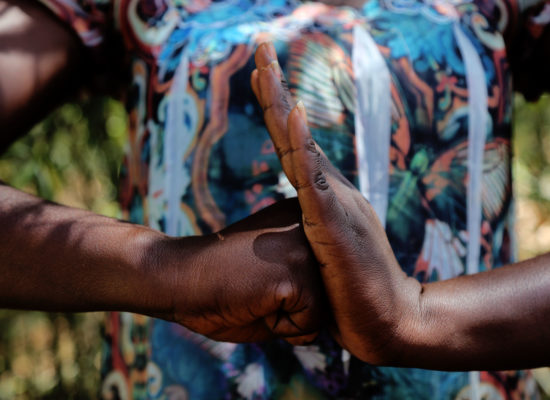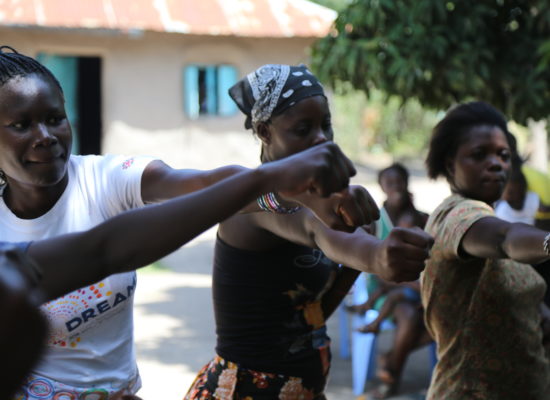In Kenya, as in many parts of Africa, the prosecution of violence against women is hardly guaranteed. The project offers women affected by domestic violence a way out.
Violence against women is played down and only ‘partly’ prosecuted
Naomi has known her husband for a long time. She has been at his side since she was sixteen. At the beginning, everything was great. Out of the parental home and into adult life. Her first child was so cute – She didn’t mind the division of roles. Her husband worked day after day and she was responsible for the children. Over time, her husband lost interest in her wants and needs. He did not participate in the upbringing, stayed out late, usually came home drunk and then his hand slipped too. The isolated incident became a habit over time. One day it was so bad that Naomi didn’t dare go to the market with her bruises – “What will the neighbours say”. She didn’t want to report it either. Since she did not learn a trade, concern for the future of her children always outweighed her own well-being.
When she went to the police after years of humiliation and the urging of her best friend, disillusionment quickly set in – the policeman played down the accusations and told her to come back when she could show “real” injuries.
The visit to the authorities was not without consequences. Naomi noticed the whispering as she walked through the market. The gossip did not pass her husband by either, so in the following weeks of daily physical torture, Naomi surrendered to her fate and lost hope for good.

Our way to prevent violence against women
Naomi is symbolic of many women in Kenya. To counteract the cycle of social pressure, violence and silence, we have started a three-year programme to strengthen the rights of women in society.
We provide concrete help to women who are affected by domestic violence.
- We have established contact points in five health centres.
- A nurse examines the women, documents injuries and treats them.
- A confidant takes down the statements.
- In consultation with the women, measures are taken to find solutions. Solutions include interventions (legal, medical, psychological), the involvement of appropriate authorities and relatives and, if necessary, referral for further treatment and or (follow-up) care of the women concerned.
- The mental health of the woman plays an important role. A permanent confidant is provided to the women to whom they can turn at any time.
- To ensure that the measures taken are implemented, each contact point has two ‘paralegals’ (legal advisors). These paralegals regularly visit the women at home, carry out interventions and ensure that women get their rights at the authorities.

Invest in women and support us in preventing violence against them!
Only by protecting women’s rights and making their voices heard loud and clear can a fundamental change in traditional/societal attitudes towards the equal treatment of women be achieved.
The project is part of our programme “Improving the Quality of Reproductive Health and Gender Equality in Kolwa East and Miwani”, which is co-financed by the Austrian Development Cooperation Agency.

